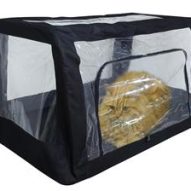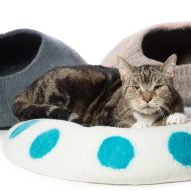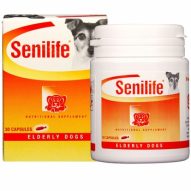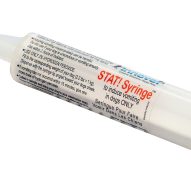Do you need an oxygen cage for your pet at home? | Dr. Justine Lee
As an emergency critical care veterinary specialist, I often see cat and dog patients who have underlying respiratory issues that need to be treated long-term. It’s really important to treat respiratory problems aggressively, as without treatment, it can cause a) difficulty breathing and pain in your pet and b) worsen the long-term side effects on your pet. Untreated, respiratory problems can cause pulmonary hypertension (often called cor pulmonale), which is high blood pressure to the...
Read MoreKittikubbi Twin Critters Cat Cave Bed Review | Dr. Justine Lee
I recently was asked to review the Kittikubbi Twin Critters Cat Cave Bed made by TwinCritters. TwinCritters sells uniquely handcrafted all-natural wool-based pet products online. What I like about the cat cave? It’s eco-friendly, hand crafted by local artisans in Nepal (via a technique called “felting”) and owned by a veterinarian and medical doctor pair of brothers! As a veterinarian, What do I like about this cat cave? It appears to be well made It’s washable It...
Read MoreUsing Senilife, a holistic supplement, for my senile old cat | Dr. Justine Lee
As a veterinarian, I was concerned when my 18-year-old, domestic shorthaired cat started acting senile. He was showing the following signs at home: Howling randomly at nightWalking around randomly screaming at doorsSeeming slowerActing deaf or non-responsive when I called to him Sometimes we can see this from underlying medication conditions that are seen more frequently in geriatric cats such as: Hyperthyroidism (an overactive thyroid)HypertensionChronic kidney failure (an overactive...
Read MoreCool new, inexpensive life-saving syringe for your dog in case he’s poisoned | Dr. Justine Lee
According to the ASPCA Animal Poison Control Center, a non-profit Animal Poison Control Center in Urbana, IL, over 100,000 dogs and cats are poisoned a year, with the top 10 poisons being found here: If your dog got into chocolate or something poisonous, when in doubt, always contact your veterinarian, emergency veterinarian or the ASPCA Animal Poison Control Center at (888) 426-4435 as soon as possible. (Hint: I always recommend pre-programming your cell phone with these important phone...
Read More




Recent Comments